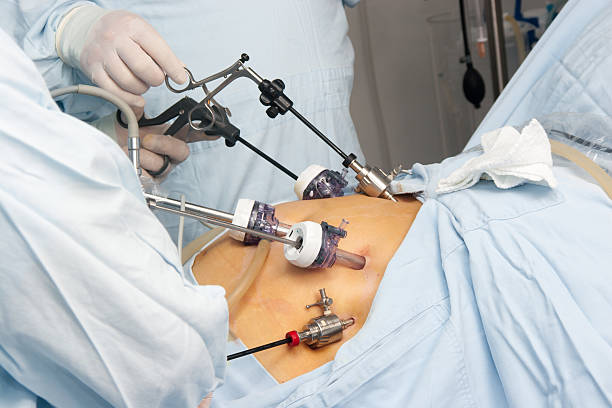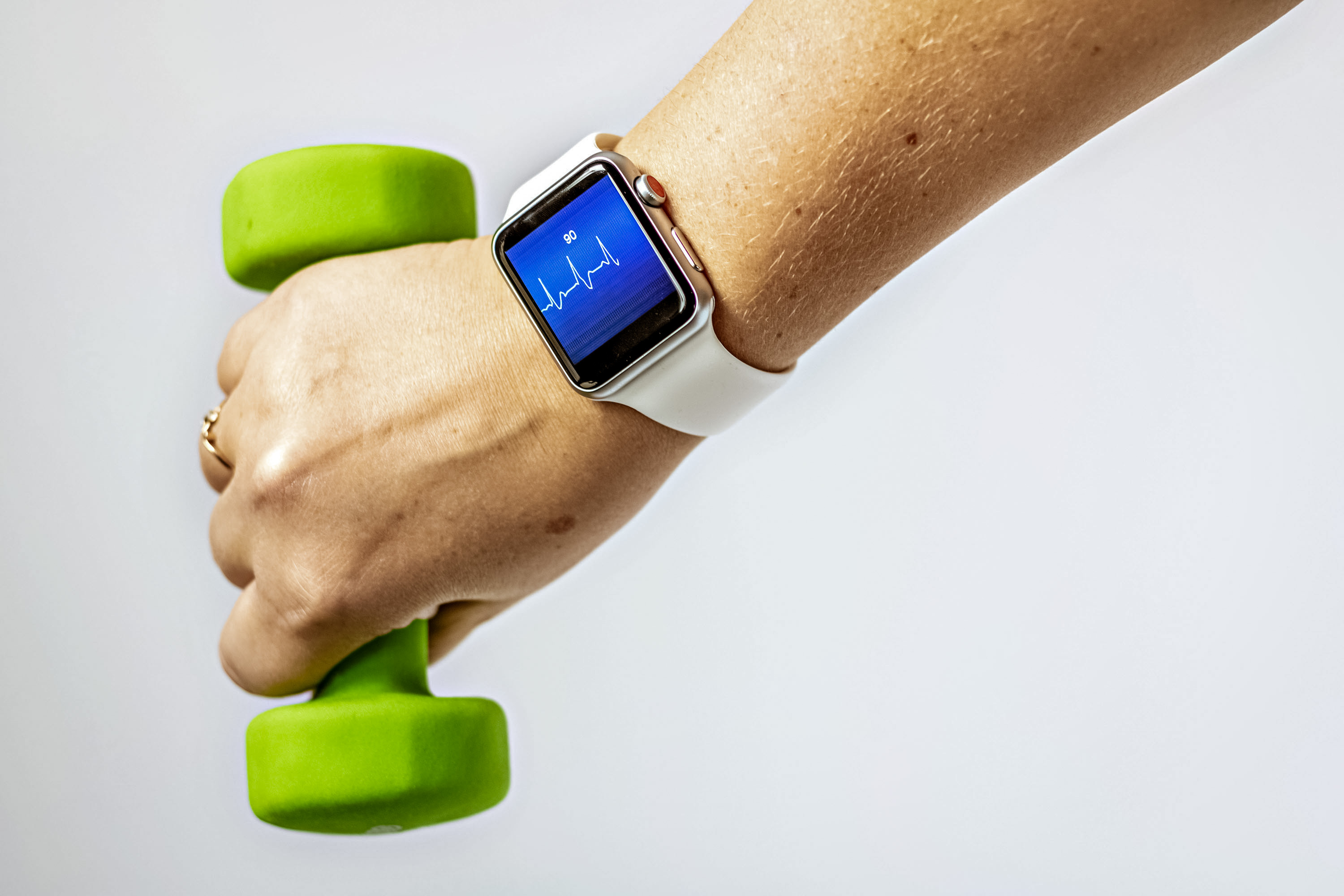1 Month post op gastric sleeve surgery: What to expect after 30 days.
The gastric sleeve surgery or sleeve gastrectomy, is a metabolic surgery that involves the removal of a significant portion of the stomach, creating a slender “sleeve” structure. This procedure aims to reduce the stomach’s size, limiting food intake and promoting weight loss. One month post-surgery, patients often experience substantial changes in their physical and emotional well-being.
During the initial weeks after gastric sleeve surgery or gastric sleeve procedure, patients typically follow a carefully planned diet, progressing from liquids to pureed and soft foods. This gradual reintroduction of solid foods ensures a smooth transition for the healing stomach. Many individuals report a noticeable decrease in appetite and a shift toward healthier food choices.

Physically, patients often observe rapid weight loss in the first month, with significant improvements in obesity-related health conditions such as high blood pressure and diabetes. The reduced stomach size encourages portion control, aiding in sustained weight loss over time. Additionally, patients commonly report increased energy levels and improved mobility as excess weight begins to diminish.
Emotionally, the one-month milestone can bring a sense of accomplishment and empowerment. Many patients experience positive changes in their self-esteem and body image, reinforcing their commitment to a healthier lifestyle. Regular follow-up appointments with healthcare providers during this period help monitor progress, address any concerns, and provide ongoing support for long-term success in the weight loss journey.
The First 30 Days After Weight Loss (Bariatric) Surgery
Gastric sleeve surgery is one of the most commonly practiced treatments for both cosmetic and health reasons. Obesity is a major global pandemic, becoming a burden for the health systems due to all the diseases associated to obesity.
Here at VIDA Wellness & Beauty, we believe that you look beautiful as you are. Still, we fully understand and appreciate the reasons why you’d want weight loss surgery, and can complete the appropriate transformations safely and effectively.


Undergoing metabolic surgery brings drastic changes that your body must acclimatize to. This is especially true during the recovery phases, which is why the first 30 days post-weight loss surgery are so crucial. Here’s what to expect from them.
Getting Used to Your New Body
When we consider the pounds you may have shed in the few weeks leading up to the surgery as a result of quitting caffeine or avoid alcohol, for example, your body may feel significantly different. Some of the most noticeable changes include:
- Your breathing feels different,
- Moving your arms and legs feels easier,
- You can stand taller,
- Aches and pains are reduced or eliminated,
- Your balance feels slightly different.
Despite all of these results being positive in the long haul, the initial transition may cause a little stress. Depending on your specific situation, you could become very aware of the procedure you just had. Once again, though, this conscious change will fade within a matter of days with some patient education
Dietary Changes for lose excess body weight.
Perhaps the biggest lifestyle change following bariatric surgeries relates to the diet. It is particularly harsh in the first 40 days as you’ll be required to adopt a liquid-only regular diet before slowly progressing to solid food.
Even in the middle of a weight loss journey, your body needs enough calories and nutrients to survive. This is key for maintaining muscle mass, healthy organs, and a productive mind. Naturally, though, the liquid-only diet does make this difficult. Consequently, you must respect the following measures:
- Keep up liquids intake at least 48 tu 64 oz a day to avoid dehydration.
- While adopting a liquid-only diet, you will only be able to consume 1.2 oz of liquid at a time. Therefore, you’ll need to eat and drink small amounts at regular intervals, thats because you have a smaller stomach.
- Protein shakes, pureed foods, such a mashed bananas are probably the best way to maintain muscle mass.
- Smoothies are an ideal way to get more nutrients and can include the addition of various supplements to gain the right nutrients.
- Although you want to get enough calories to sustain your health, you still need to employ a low-calorie diet in order to lose weight.
- The introduction of soft foods can happen in the 2nd to 3rd week after surgery and usually includes yogurts, soups, sugar free gelatin and similar foods. Although you need to be careful with the calorie content of this foods, and make small meals.
- While you will eventually enjoy harder foods (in smaller portions) again, the soft food diet is likely to stretch far beyond the 30-day mark. For this reason, preparing yourself prior to your surgery for these dietary changes is a very important factor for a proper nutrition.


Bariatric patients undergoing bariatric surgery, need to be mindful of their protein intake, as this helps maintain muscle mass even during weight loss. Consuming protein shakes and incorporating mineral supplements ensures that nutritional requirements are met. Chew foods thoroughly and eat slowly to aid digestion. The add soft foods should be approached cautiously, including items like yogurts and soups. While maintaining a low-calorie diet to lose weight, patients should focus on nutrient dense, healthy foods. Adding soft foods gradually and avoiding fibrous vegetables helps prevent issues like dumping syndrome. Patients may experience changes in their current weight, but the goal is to achieve and maintain an ideal weight through a balanced and adapted diet. Regular activity also supports overall well-being during the weight loss journey.
Lifestyle Changes
Modified diets aren’t the only significant impact on your life. Several short-term impacts are inevitable, which is why you must prepare for those too. The key issues are:
Physical activity
After the initial 48 hour rest, you will naturally want to start moving and exercising. However, you must avoid hitting the gym for high-intensity workouts. For the first 30 days, you must stick to light and low-impact exercises such as swimming and walking. Weightlifting and contact sports will also need to be postponed a little longer.


Physical activity plays a crucial role in the postoperative phase of gastric sleeve surgery. Beyond the initial 48-hour rest period, incorporating light and low-impact exercises is essential. While the desire to resume a regular fitness routine may be strong, it’s crucial to avoid high-intensity workouts during the first 30 days. Opting for activities like swimming and walking is advisable, as they promote cardiovascular health without placing excessive strain on the healing body. Weightlifting and contact sports should be postponed for a slightly longer duration to allow the surgical site to heal properly. Gradually introducing physical activities supports the overall recovery process and sets the foundation for long-term fitness and well-being.
Medications after weight loss surgery
Given the liquid-only diet, it’s no surprise to learn that some medicines need to be taken in different ways. Suppositories, liquid form medicines, and topicals that are applied to the skin are all good alternatives. Specialized medicines that block acid build-up may be prescribed too.
Bariatric surgery additionally alters the way certain drugs are absorbed by the body. Meanwhile, drugs that contain instant-release properties are deemed better than slow-release options. Your doctor can explain in full detail.
Medications play a crucial role in the post- gastric sleeve surgery phase, necessitating adjustments due to the liquid-only diet. Some medicines are better administered as suppositories, in liquid form, or topically. Specialized medications to manage acid build-up may be prescribed. The gastric sleeve surgery itself alters drug absorption, making instant-release drugs preferable to slow-release options. Collaborating closely with your doctor is vital for a comprehensive understanding of these adjustments and ensuring optimal medication effectiveness during the initial stages of recovery.


Pre-existing conditions
Bariatric surgery isn’t all about dropping pounds. Many patients want to overcome diabetes, blood pressure problems, and other issues. Throughout the first 30 days, it is particularly important that you monitor blood sugar levels. This allows you to stop medications at the right time.
Gastric sleeve surgery often addresses more than just weight loss, with patients seeking to resolve pre-existing conditions like diabetes and blood pressure problems. Vigilant monitoring of blood sugar levels in the initial 30 days is crucial, facilitating timely adjustments in medications. This proactive approach allows patients to align the cessation of specific medications with the appropriate improvements in their health conditions during the early stages of recovery.
Side effects of a weight loss procedure.
When putting your body through a major transition, you can always expect side effects. After weight loss procedure, the most common issues are constipation and vomiting. While these are usually nothing to worry about, you must call a doctor if you are worried.
Wound infections are another potential problem. Fever-like symptoms, physical pain, and discharge are all signs that you should seek medical support. Meanwhile, feeling faint could be a sign of internal bleeding. Do note that these complications are very, very rare but it’s still crucial that all patients be aware of them.
Weight Loss Expectations
Despite the fact that the above-mentioned life changes are drastic, the weight loss journey is a long-term solution rather than a quick fix. If you’re expecting to see a complete transformation within 30 days, you may be left a little disappointed. In fact, most people can expect to see a loss of 5-15lbs at this time.
This is because weight loss via bariatric surgery is built to bring gradual but sustainable results. It focuses on changing your lifestyle by physically reducing your stomach capacity. To put things in perspective: 1lb of fat is equivalent to 3,500 calories. Given that you still need to consume enough calories to stay healthy, the concept of losing a few pounds each month suddenly makes sense.
After the First 30 Days
Weight loss surgery such as gastric sleeve surgery is a life-changing procedure, but it requires an ongoing commitment. Your diet, exercise routines, and general lifestyle habits will gradually evolve. However, establishing a new ‘normal’ is the only way to achieve sustained results.
If you fall back into your old habits and weight gain, you’ll eventually return to your former weight. Conversely, though, when you make the right food choices and maintain proper portion sizes, you can lose more than 50% average monthly weight loss of your excess body weight (Learn more about body lift surgeries). Optimal results usually won’t show for 8 – 12 months post op, which is more than enough incentive to maintain winning healthy eating habits long after the first 30 days.


The full extent of potential changes is heavily influenced by your excess weight and metrics prior to surgery, as well as the type of lose weight treatment you undergo.
To find out more about the best weight loss surgery for you and maintain an ideal weight, call VIDA Wellness & Beauty now at 1 (619)738-2144 (toll-free) to arrange a free video consultation with a board-certified bariatric surgeon.